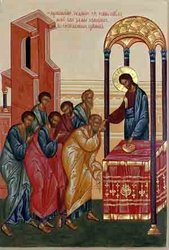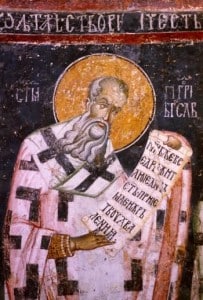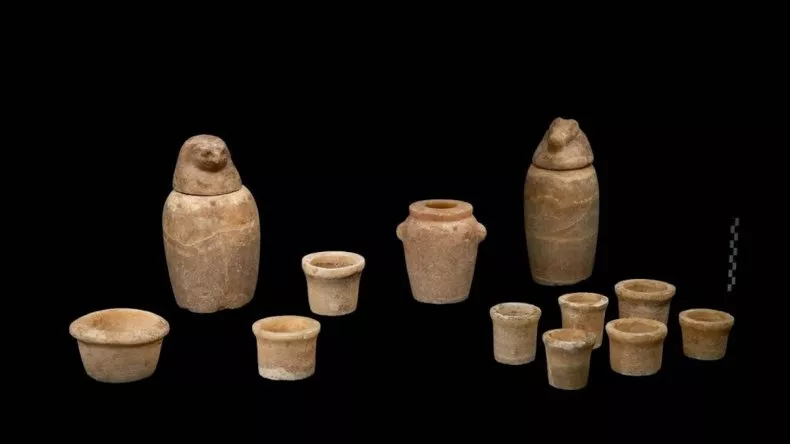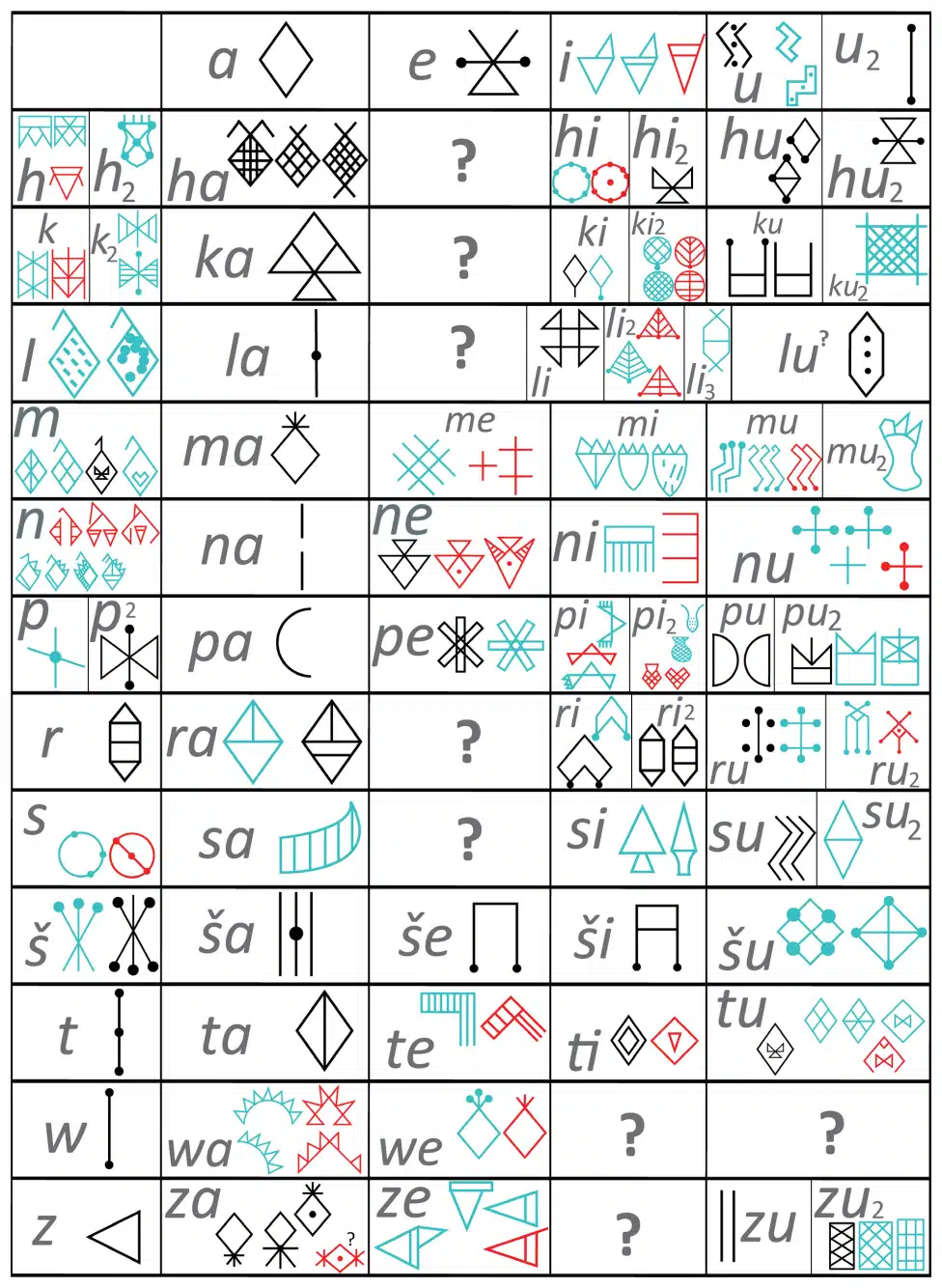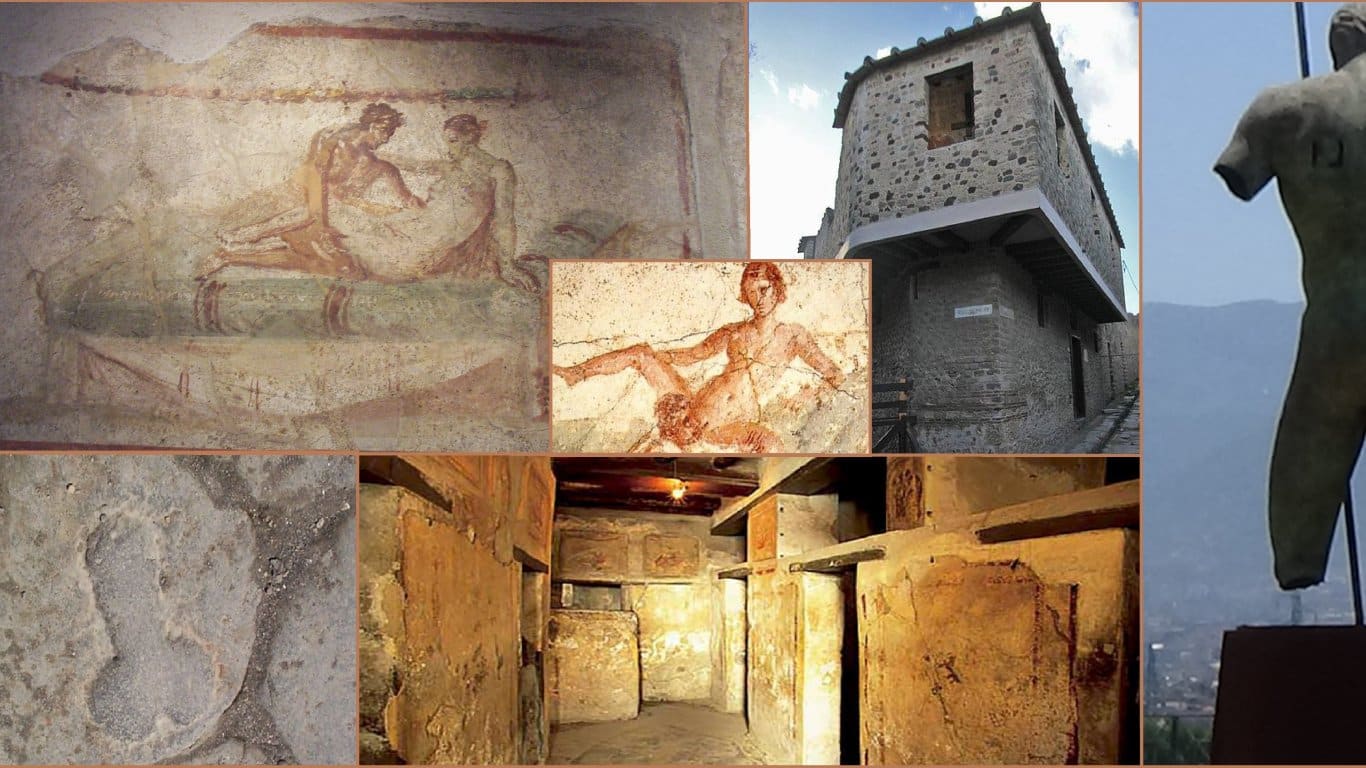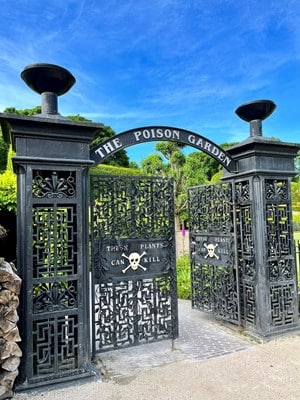Author: St. Nikolay Kavasilas
Word one: Life in Christ is realized through the sacraments of divine baptism, holy anointing and communion
1. The life in Christ is planted in this present life [φύεται μὲν ἐν τῷδε τῷ βίῳ], begins here and continues into the future [ἐπὶ τοῦ μελλέντος] until we reach the last day. Neither the present life is able to fully bring the life in Christ to the souls of men, nor the life to come, if the beginning is not made from now, because at present the carnal [τὸ σαρκίον] is covered with shadow, here are clouds and corruption, which cannot inherit incorruption. That is why Paul asked above all to be freed by being with Christ: I desire to be freed and be with Christ, because this is much better (Phil. 1:23). If the future life were to receive those who have not the necessary powers and senses [τὰς δυνάμεις καὶ τὰς αἰσθήσεις] for it, it would be of no use to them, for they would pass into that blessed world where there is no corruption, being dead and miserable. The reason is that when the light has already dawned and the sun is shining its pure radiance, the eye is not yet created. The fragrance of the Spirit abundantly already fills and covers everything, so that only he who has no sense of smell could not feel it.
2. And so the purpose of the sacraments is to bring the devoted Christians [τοὺς Αφημείου] to communion with the Son of God [κοινωνῆσαι τῷ Υἱῷ τοῦ Θεοῦ], and what He has learned from His Father, from Him to teach them. It is necessary, therefore, that they, after being devoted to Him, should welcome Him with ears open to listen, because it is impossible to first have a devotional commitment [φιλίαν συστῆναι] and only then to open the ears to listen, to prepare the marriage clothing and to prepare all the other things that are necessary to welcome the Bridegroom. The present life is precisely a workshop for the preparation of all this, and those who fail before the Bridegroom comes will have nothing to do with that life. And witnesses to this are the five virgins and those invited to the wedding, who came unprepared and did not have enough oil, nor were they able to prepare clothes for the Bridegroom[1]. This world is in labor pains because of the renewed inner man, created according to God (Eph. 4:24). Thus created and sculpted, man is born perfect for that perfect world where there is no aging.
3. As with the embryo, while it is in the dark and gloomy womb of its mother, nature prepares it for the life of light, and forms it, as it were, according to some pattern fitted for the life to come, so it happens with the saints. This is exactly what the Apostle Paul is talking about to the Galatians, saying: My children, for whom I am again in labor pains (Gal. 4:19). Unborn children, however, until they come into this world, have no sense knowledge [αἴσθησιν] of life, whereas to the blessed saints even in the present many things of the future life are revealed to them. The reason for this is that for them this life is no longer the present, but entirely the future. In that place light is not contemplated, nor any of the other things that we know of this life. However, it is not so with us, but that future life seems to be connected and mixed with the present one, because that Sun has already risen for us in a human-loving way, and the heavenly myrrh has been poured out on the foul-smelling world, and the angelic bread has been distributed to people as well[2].
4. The saints live the life in Christ already in the present. Therefore, therefore, not only a setting [διατεθῆναι] and preparation for life is necessary, but it is characteristic of the saints to live and perform it [ἐνεργεῖν] even in the present. Lay hold on eternal life (1 Tim. 6:12), Paul wrote to Timothy. Elsewhere he says: and it is no longer I who live, but Christ who lives in me (Gal. 2:20). The divine Ignatius also: There is living water that speaks in me…[3] and with many such testimonies Scripture abounds.
5. Besides all this, Life itself is fully present in the promise to the saints. Behold, he says, I am with you always, even to the end of the age (Matt. 28:20). What else could this mean? This means that after he had sown the seeds of life in the earth, and cast down fire and knife, he did not go away, leaving the people to plant, eat, light fire, and serve themselves with knife, but Sam was present as says the blessed Paul, make in you both to will and to act (Phil. 2:13). He alone kindles and brings the fire. He is the one who holds the ax, and is the ax even greater than he who cuts with it (Is. 10:15)? With whom the good God is not present, nothing good could come of them.
6. Moreover, the Lord has promised not only to be with the saints, but also to remain with them and – what is greater – to make a dwelling in them. In general, I say that the Lord so philanthropically unites with the saints that he also becomes one Spirit with them. The voice of the apostle Paul: he who is joined to the Lord is one spirit with Him (1 Cor. 6:17); you are one body and one spirit, just as you were called (Eph. 4:4).
7. For just as the love of mankind is unspeakable [ἡ φιλανθρωπία ἄρρητος], so the love of God to our race surpasses human reason [τὸν λόγον τὸν ἀνθρώπινον ὑπερβαίνει] and is suitable only to divine goodness, since it is the peace of God, which surpasses all understanding (Phil. 4: 7), likewise His union with those who love Him [τὴν πρὸς τοὺς φιλουμένους ἕνωσιν] is above all union that any one can think of, and of which no example can be found.
8. Therefore Scripture needed so many examples to be able to show this unity, since one example is not enough. On the one hand, the example of the inhabitant and the dwelling is used, on the other – of the vine and the rod; for the marriage, for the members and the chapter. Of these examples, however, none is completely similar [οὐδέν ἐστιν ἴσον] to this union, because by means of them the truth cannot be fully arrived at. Mainly because it is necessary for devotion to be followed by the conjunction [τὴν συνάφειαν]. And what can be compared to divine love?
9. That which seems best to show union and unity [συνάφειαν καὶ ἑνότητα] is the marriage and harmonious relationship between the members of the body and the head [ἡ τῶν μελῶν πρὸς τὴν κεφαλὴν ἁρμονία], but nevertheless it is far from showing the completeness of the whole union. , because on the one hand marriage could not combine so that the two may be and live in each other [ἐν ἀλλήλοις εἶναι καὶ ζῆν τοὺς συναπτομένους], as happens with Christ and the Church. Hence the divine apostle, speaking of marriage as a great mystery, adds, but I speak of Christ and of the church (Eph. 5:32), indicating not this, but that marriage, which is accomplished by a miracle. On the other hand, the members of the body are joined to the head and live through this union, but being separated they die. Hence it is clear that that body, which is united to Christ more than to its own head, lives more by virtue of Him than by reason of harmonious union with it.
10. This is evident from the lives of the blessed martyrs, who gladly endured the first, but did not even want to hear about the second. They gladly allowed their heads to be cut off from their bodies, but there was no question of giving up on Christ. I’m not saying yet which is the latest. What could be more united to anything else than to itself? But the very unity of the combination is more insignificant than that unity.
11. The saints are united more to Christ than to themselves. Each of the blessed spirits is one and the same with itself [ἓν καὶ ταὐτὸ ἑαυτῷ]. However, he is united to Christ more than to himself, because he loves Him more than himself. Paul testifies to this verbatim when he prays: to be excommunicated from Christ (Rom. 9:3) for the sake of the salvation of the Jews, so that all glory may be given to Him. But if the human affection [τὸ τῶν ἀνθρώπων πιτόρον] is such, the divine cannot be thought of at all. If even wicked men could show such favor [τὴν εὐγνωμοσύνην], what can be said of that divine goodness? Thus, since this love is supernatural [ὑπερφυοῦς ὄντος τοῦ ἔρωτος], and necessarily surpasses the union to which it has brought the lovers, human reason stands too low to be able to describe it by example. Let’s look at it this way.
12. There are many things which necessarily accompany us in this life: air, light, food, clothing, the very forces of nature, and the members of the body, but it does not happen to anyone to take advantage of all these things and to strive for them all at the same time, but now he uses one thing, then another, using different things according to the available need. When, for example, we put on a garment, it could not be food. However, when we need a table, it is necessary to look for something else. On the one hand, light does not allow us to breathe, on the other hand, air cannot be a substitute for lighting. Since we cannot always dispose of the operations of the senses [τῶν αἰσθησεων δὲ ταῖς ἐνεργείαις] and the bodily members, nor use them, sometimes both the eye and the hand prove unfit to hear. The hand will prove useful when we want to touch something, but to smell, hear or see will not do us any good, and leaving it, we look for another faculty.
13. And so, the Savior is so unchangingly and in every way present to those who live in Him that He provides every means and is everything for them, not allowing them to look for anything other than all that, nor to look for anything different, because for the saints there is no nothing that they need and that He Himself is not for them: He gives birth, nurtures and feeds, He is light and air. He makes them an eye with Himself, gives them light again with Himself and offers them Himself to look at Him. He is the One who feeds and is food, because He is the One who offers the bread of life, He is also the One who offers. He is life to those who live, fragrance to those who breathe, clothing to those who want to be clothed. He alone is indeed the One with whom we can walk. He is the way, but also the end and end of the way. We are the members, He is the head. Should we fight? Fight with us. Are we celebrating? Becomes an arbitrator. Are we winning? It immediately becomes a crown of victory.
14. And so He everywhere turns everything to Himself, and allows no one to turn his mind to anything else, or to beget love for any of the existing things. If our aspirations are directed there, He restrains and calms them. If they turn this way, it’s opposite again. If we deviate from the path, He also surrounds this, the other path, to guide those who walk on it. If he ascended to heaven – You are there, he says, if he descended into the underworld – and there You are. Do I take the wings of the dawn and move to the seashore – and there Your right hand will hold me (Ps. 138: 8-10). As if at the cost of coercion and in a state of some strange and philanthropic tyranny [ἀνάγκῃ τινὶ θαυμαστῇ καὶ φιλανθρώπῳ τυραννίδι] He draws only to Himself and only with Himself binds Himself. I consider this to be the same compulsion with which he gathered into his house those whom he called to the feast, saying to the slave: make them come in, that my house may be filled (Luke 14:23).
15. Let it be! For, therefore, the life in Christ is not only in the future, but for the saints and for those who live and act in this way [καὶ ζῶσι κατ’ ἐκείνην καὶ ἐνεργοῦσι] is already present also in the present, which becomes clear from what has been said so far. What does it mean to live, which Paul also says, to walk in the renewed life (Rom. 6:4), I mean what the saints do so that Christ is united and united with them and I don’t know what to call it yet, for that is to come to talk further.
16. In what way is life in Christ established in us: through initiation into the holy sacraments of baptism, anointing and the Eucharist. So, on the one hand it depends on God, on the other – on our own zeal [σπουδῆς]. On the one hand it is entirely His work, on the other – the work of our endurance [φιλοτιμίαν]. Our contribution in this is mostly as much as receiving the grace, not squandering our treasure and not extinguishing the already lit lamp. I mean: let us not allow anything contrary to life that begets death, for—comparatively—every human good and every human virtue [πᾶν ἀνθρώπειον ἀγαθὸν καὶ πᾶσα ἀρετὴ] comes down to never drawing a sword against ourselves, yes let us not run away from our happiness, and let us not cast the crowns of glory from our heads.
17. Since Christ transcends the very essence of life [τήν γε οὐσίαν αὐτὴν τὴς περασία], in an unspeakable way He plants it in our souls. Indeed, He attends and assists the beginnings of life which Himself, in settling, brings forth. He is indeed present, but not as the first time, to call, gather, and converse by communicating with us, but in another better and more perfect way, in which we become consubstantial [σύσσωμοι] and quickened [σύζωοι] with Him, we become Its members and all that pertains to it [εἴ τι πρὸς τοῦτο φέρει]. As, therefore, the love of mankind is unspeakable, in respect of which he so loved the most hated, as to honor them with exceeding gifts, and also the union in which he bound those who love him, surpasses every image and every name, so the manner, by which he attends and benefices, is wondrous and befits only Onomuva, Who works miracles.
18. Briefly of what is the power of the divine sacraments. Those who imitate with symbols – as if in a drawing – His death, by which He really died for our life, these indeed He renews, regenerates them and makes them partakers of His life. By depicting through the sacraments His burial and by proclaiming His death, we are born, regenerated, and supernaturally united with the Savior. This is what Paul says that through Him we live and move and have our being (Acts 17:28).
19. And so baptism gives being [τὸ εἶναι] and complete existence according to Christ [ὅλως ὑποστῆναι κατὰ Χριστόν], since it, receiving the dead and decaying, first brings them into life. Anointing, for its part, perfects the newborn, putting in him the power corresponding to the new life [τῇ τοιᾷδε ζωῇ προσήκουσαν ἐνέργειαν]. The Divine Eucharist already preserves and sustains this life and this health, for in order to preserve what has been acquired and to support the living, it gives the bread of life. Therefore, with this bread we live, with the ointment we move, and we have received our being from the font.
20. In this way, we live in God, having transferred life from this visible to the invisible world, changing not the place, but our life and life. For it was not we who ascended and reached God, but He Himself came and descended to us; we did not seek, but we were sought; it was not the sheep that sought the shepherd, nor the drachma – its owner, but God himself bent over the earth, found our image, appeared in those places where the sheep wandered, and brought it home, delivering it from its wanderings, and without moved people from here, and leaving them on earth, made them heavenly; put the heavenly life into them, not by lifting them up to heaven, but by bending heaven towards us and coming down. That is why the prophet says: He bowed down the heavens and came down (Ps. 17:10).
21. And so, through these holy sacraments, as through a door, the Sun of righteousness penetrates into this dark world, on the one hand mortifying the life fused with it, and on the other – resurrecting the peaceful life, and the Light of the world overcomes the world, saying: I have overcome the world (John 16:13), putting in the mortal and changeable body eternal and immortal life.
22. As in the house, when the light of day penetrates, the lamp no longer attracts the gaze of the beholders to it, but they are attracted by the all-conquering brightness of the ray, in the same way, entering into this life through the sacraments, the light of the future life, which dwells in our souls, defeats the life according to the flesh by hiding the beauty and splendor of this world.
23. This is also the life in the Spirit, which overcomes every carnal desire [ἐπιθυμία πᾶσα σαρκὸς], as Paul says: live by the Spirit, and you will not fulfill the desires of the flesh (Gal. 5:16). This road the Lord built, coming to us; this door he opened when he came into the world, and after he ascended to the Father, he did not allow it to be closed, but through it he comes from himself to men. Most of all, He is always present and with us, and will be forever, keeping those promises.
24. And so, this is nothing else, the Patriarch would say, but the house of God, these are the gates of heaven (Gen. 28:17), through which not only angels descend to earth, since they are present to everyone who has received Baptism, but also Sam the Lord of the Angels. Therefore, when, as if describing the baptism in His name, the Savior Himself ascended to be baptized with the baptism of John, the heavens were opened, showing that this is by which we perceive the heavenly country.
25. And indeed, by this it is shown that he cannot enter into life who is not baptized in this font, which is a sort of entrance and door. Open to me the gates of righteousness (Ps. 117:19), says David, wanting – as I think – precisely these gates to be opened. Because this is what many prophets and kings wanted to see – that the very artist who made these doors should come to earth. Therefore, if it should happen to him, he says, to enter through the entrance and through these doors, he would confess to God that he split the wall. I will enter them, I will glorify the Lord (Ps. 117:19). Thus, especially through these doors, he could reach the most perfect knowledge – the knowledge of God’s goodness and humanity towards the human race.
26. For what greater sign of kindness and human love than that He, washing the soul with water, cleanses it of defilement; anointing her with ointment, enthroning her in the heavenly kingdom, and finally satiating her, offering her His Body and His Blood? That men become gods and sons of God, and that our nature is honored with the dignity of God, and the dust is raised to such a glory, becoming something subservient and even like the nature of God [ὁμοτιμον καὶ ὁμόθεον ἤδη τῇ θείᾳ φύσει], what can compare to this? What else is missing from this abundance of renewal?
27. This is, I think, the virtue of God, which has covered the heavens, has covered every creation and work of God, surpassing them with its majesty and beauty. For of all the works of God, which are so many, which are so wonderful and great, there is not one which more clearly shows the wisdom and skill of the Creator, and it could not at all be said that of all that exists there is anything more wonderful and greater. If, then, it is possible for the work of God to be so wonderful, so good, as to compete with that wisdom and art, and—as they say—to equal the immensity, and—like a footprint—to display all the majesty of God’s goodness, such a thing – I think – must be able to overcome everything. If this is God’s work—to always bestow good, that is what He does all things for, and that is the purpose of all that is analogously in past time and that which is to come[4] (for it is said that the good was poured out and was leading), then doing all this, God distributed the greatest good – greater than which he cannot gave This should be the greatest and most wonderful good of goodness, the ultimate limit of goodness.
28. Such is the work of house-building, which was done for the sake of the people. For here God no longer merely bestows upon human nature some good, reserving the greater part to Himself, but bestows the whole fulness of divinity, having invested His whole riches in nature. That is why Paul says that God’s righteousness is especially revealed in the Gospel.[5] If there is any virtue and justice of God, it should be this, that God should give generously to all His goods and fellowship in bliss.
29. Thanks to this, the sacraments could clearly be called the door of righteousness, because God’s humanity and kindness to the human race, which is the divine virtue and righteousness, has made them an entrance to heaven.
30. In another way, as if for some judgment and justice, the Lord has placed before us this victorious trophy and granted us this door and this path. For He did not lead captives, but gave a ransom for them and bound them tightly, not because He had great power, but by judging in a righteous judgment. He has reigned in the house of Jacob, abolishing slavery in the souls of men, not because he has the power to do it, but because it is just to abolish it. This is exactly what David showed with the words: Justice and righteousness are the foundation of Your throne (Ps. 88:15).
31. Righteousness not only opened these doors, but also through them it reached our race. Since in former times, when God had not yet come to men, righteousness could not be found on earth, therefore he sent her from heaven and sought God Himself, from whom she could not hide, but at the same time He did not found her: All, – it is said – all turned aside, became equally corrupt; there is no one who does good, not even one (Ps. 13:3).
32. Then, after the truth had overshadowed those lying in the shadow of false darkness, then righteousness was sent from heaven, first appearing truly and perfectly to men. Then we were justified, freed from bonds and shame, when He who had done no wrong, defended us by the death of the Cross, by which He bore the punishment for what we had dared to do. In this way we became friends of God, and through this death we were justified. Because the Savior, dying, not only freed us and reconciled us to the Father, but also gave us the power to become children of God, uniting with Himself our nature through the flesh He took, uniting each of us with His flesh through the sacraments. Thus He sent into our souls His righteousness and His life.
33. Thus, by means of the holy sacraments, it became possible for men to know true righteousness and to do it. For even if, according to the Scriptures, there were many righteous and friends of God, even before the Justifier and Reconciler came, we must now understand this in another way, especially with regard to his origin, and finally to the future, namely, that they are became such, and prepared to meet the justice that was to come, to be freed by the ransom [τοῦ λύτρου καταβληθέντος], to see the dawning light, and shake off the images when the truth was revealed. By this also the righteous are distinguished from the wicked, with whom they were bound by the same bonds and with whom they were subjected to the same slavery, namely, that the one bore the enslavement and all the slavery grievously, prayed that the prison might be overthrown, and that those fetters to be loosed, and they desired that the head of the tyrant should be trodden under foot by the captives themselves, while to the others nothing at present seemed terrible to them, and they wished to remain enslaved.
Such became those who, in those blessed times, did not receive the sun that rose upon them, and tried to extinguish it as far as they were able, doing everything to dim its brightness; and therefore some were freed from the hell of slavery when the King appeared, and others remained in chains.
34. As those sick, who strive by all means to find a cure for their disease, and welcome the physician with joy, generally prove better and more patient than those who do not know that they are sick and run away from medicine, and therefore such, – I think – even if he has not yet begun to heal them, the physician already calls healers, unless he realizes that his skills are powerless before their disease, in the same way even in those times God called some righteous and His friends . They bore everything upon themselves and showed that righteousness was possible, which made them worthy to be set free when He who was able to set them free appeared, but that in itself did not make them free. Although, if this were true righteousness, then they themselves, leaving their bodies, should be in peace and in the hands of God, as Solomon said.[6] Now, however, hell receives those who leave this world.
35. Now the true righteousness and the friendship of God were not accepted by our Lord as coming from a foreign country, but He Himself introduced them into the world, and as leading to heaven He did not seek them here, but He Himself established them. Because if they existed before, someone else would have discovered them even then. Now, however, no one has ascended to heaven, except the Son of God who came down from heaven, [7] Who dwells in heaven (John 3:13).
________________________________________
[1] Matt. 22:25.
[2] Ps. 77:25.
[3] St. Ignatius the God-bearer, Epistle to the Romans, 7.
[4] Dionysius the Areopagite, On the Divine Names, 4.
[5] Rom. 1:17.
[6] Trans. 13:3.
[7] The Synodal translation reads “Son of Man” (note trans.).
(to be continued)



